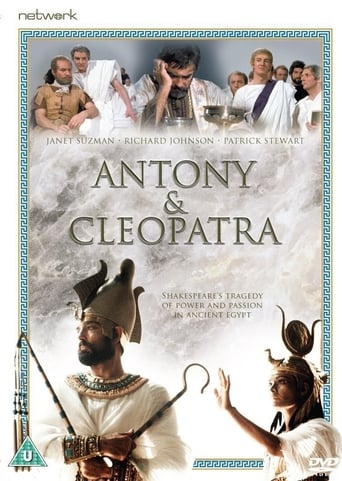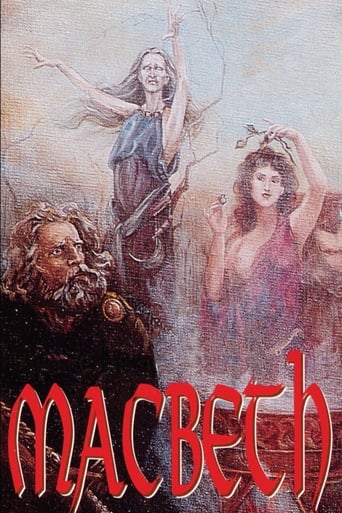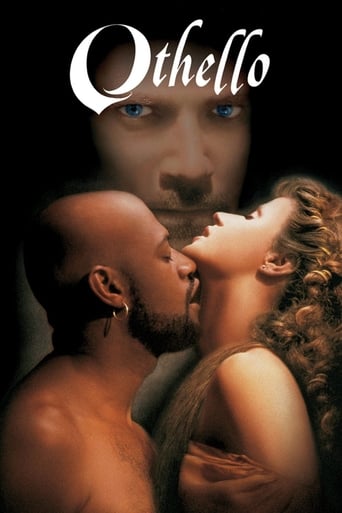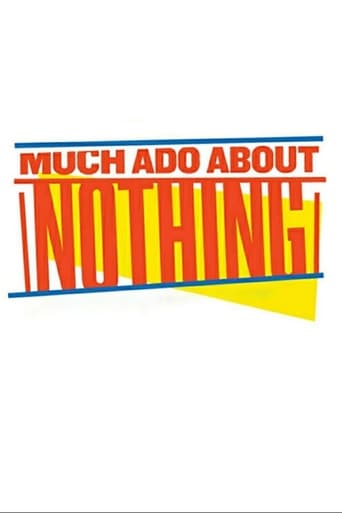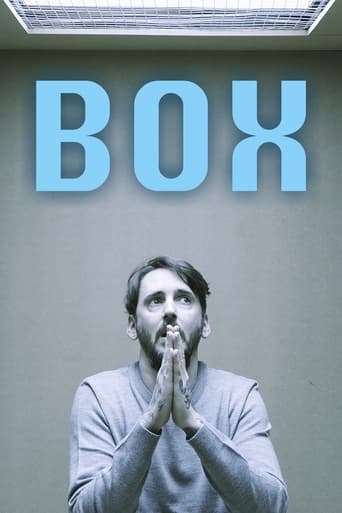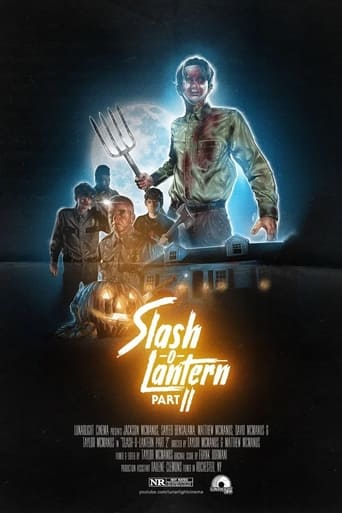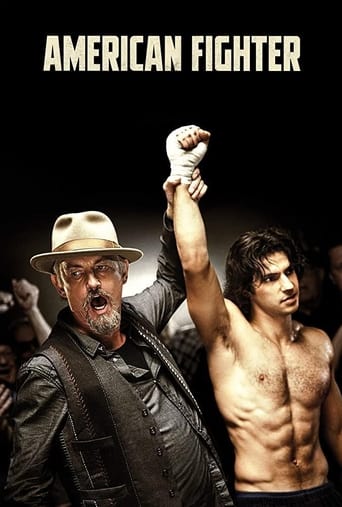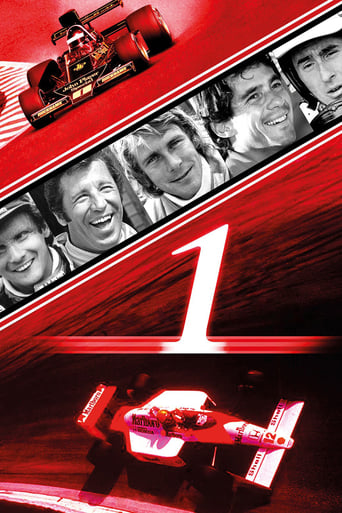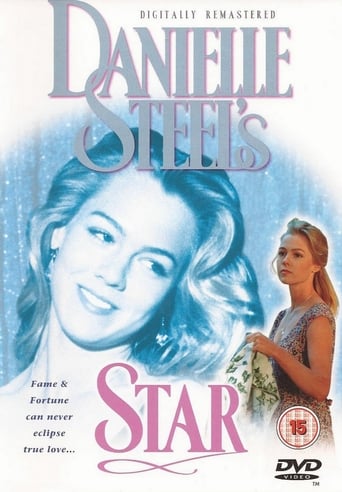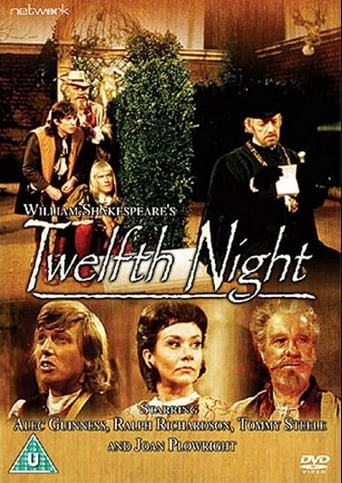


Twelfth Night
Sir Alec Guinness, Sir Ralph Richardson and Joan Plowright star in this merry on-stage mix-up of identity, gender and love in Tony Award-winner John Dexter’s production of William Shakespeare’s Twelfth Night. Originally broadcast on Britain’s ITV, this classic performance captures all the slapstick, puns and double entendres that have amazed and amused audiences for over four hundred years.
-
- Cast:
- Ralph Richardson , Alec Guinness , Joan Plowright , Gary Raymond , Adrienne Corri , Tommy Steele , Sheila Reid


Similar titles
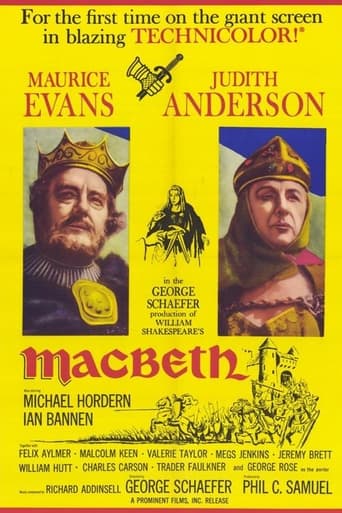
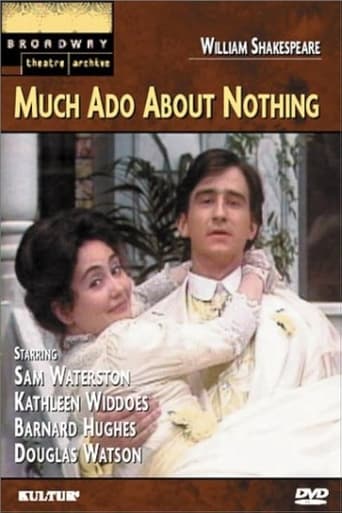

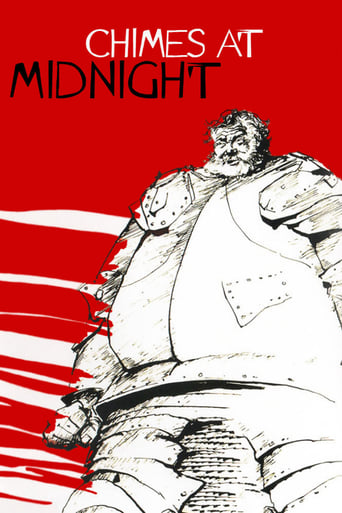
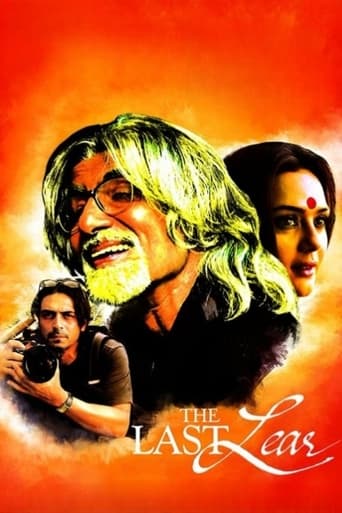
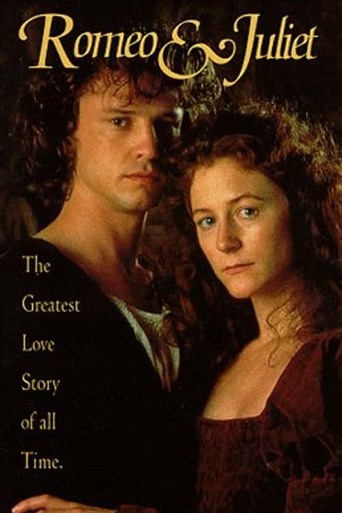
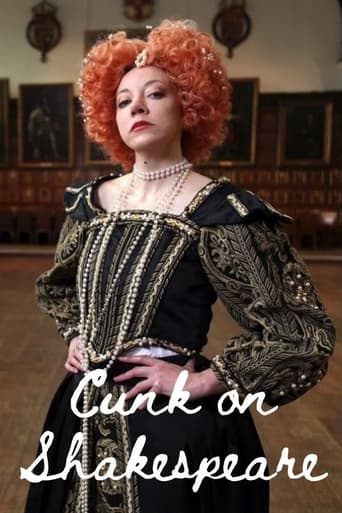
Reviews
Boring
By the time the dramatic fireworks start popping off, each one feels earned.
Through painfully honest and emotional moments, the movie becomes irresistibly relatable
It is an exhilarating, distressing, funny and profound film, with one of the more memorable film scores in years,
This is a television version of "Twelfth Night" made by ATV (part of Britain's ITV network) in 1970 and broadcast as part of its "Sunday Night Theatre" series. That sentence, incidentally, shows just how much British television culture has changed over the last few decades. Even in the sixties and seventies ITV was sometimes dismissed as the "downmarket" commercial rival of the more "highbrow" public-service BBC, yet it could still broadcast a Shakespeare play during prime time on a weekend evening. I could not imagine that happening on ITV today, or for that matter on either of the two terrestrial BBC channels.I will not set out the plot in detail because it is so well known. The main plot revolves around a curious love-triangle involving its three main characters, Duke Orsino, Countess Olivia and Viola; there is also a comic sub-plot involving a trick played on Olivia's steward Malvolio by her uncle Sir Toby Belch and his friends. At least, critics and academics generally refer to the "main plot" and the "sub-plot" in this way, but, as another reviewer has pointed out, in this production it is the so-called "sub-plot" which seems more prominent. Certainly, the first three actors credited all play characters in the sub-plot; Ralph Richardson plays Sir Toby, Alec Guinness plays Malvolio and the pop star Tommy Steele plays Olivia's jester Feste.The only feature-film version with which I am familiar is Trevor Nunn's from 1996. Some have criticised this production for underplaying the play's comic element and blurring the supposed differences in tone between the main plot and sub-plot, but I have always felt that Nunn and his actors offer us an alternative interpretation of the play which gives us fresh insights into it. In this interpretation Andrew Aguecheek remains a comical fool- it would be difficult to make him anything else- but the other three main characters in the sub-plot are treated to some extent as tragic figures. Ben Kingsley's Feste becomes an ageing, sardonic, world-weary philosopher. Nigel Hawthorne's Malvolio, the one character for whom there is no happy ending, is a dignified and dedicated servant who is tricked into making a fool of himself by a gang of people who have taken an irrational dislike to him. And Sir Toby (brilliantly played by the comedian Mel Smith) becomes a rather sad figure, an elderly man of wealth and noble family who realises too late that he has wasted his life in drink, debauchery and the company of low-minded friends and that there might indeed be more things in this life than cakes and ale.John Dexter here offers us a rather more conventional "Twelfth Night". The most unconventional thing about it is Steele's Feste, sixties pop idol as Shakespearean clown and something, I must admit, of an acquired taste. Richardson's Sir Toby is a jovial old roisterer, with something of a military bearing about him. One can imagine him as an old soldier determined to enjoy life to the full now he has returned from the wars. Guinness's Malvolio is a cold, joyless, Puritanical individual, sniffily disapproving of all forms of enjoyment or celebration. (Some have speculated that Shakespeare created the character to mock the Puritans of his day). Besides his Puritanism, his other defining characteristics are self-love and a sense of his own importance; there is a suggestion that his wooing of Olivia is motivated less by love for her person than by ambition and a desire to have "greatness", in the sense of the wealth and privilege he will enjoy as Olivia's husband, thrust upon him.Turning to the main plot, there is nothing particularly wrong with Gary Raymond's Orsino or Adrienne Corri's Olivia, except that I felt that they were rather overshadowed by Richardson and Guinness, two giants of the British acting profession. There is something wrong with Joan Plowright in the dual role of Viola and her brother Sebastian. Shakespeare never tells us how old the twin siblings are, but as both Sebastian and Viola (when in her male disguise as Cesario) are referred to as "boy" or "youth", and as Sebastian is presumably still beardless, I would guess they are supposed to be in their late teens or early twenties. Plowright was 41 at the time, and never comes close to suggesting a teenage or twenty-something girl. Her attempts to impersonate a teenage or twenty-something boy are even less convincing. (Imogen Stubbs, 34 at the time but looking younger, was much more successful in this respect in the 1996 version).Nunn's film was shot on location in Cornwall, with costumes suggesting a vaguely 19th century setting, but this version was clearly filmed in a studio with more traditionally Elizabethan sets and costumes. Television productions from the sixties and seventies, even when they are not lost forever- as, alas, so many of them have been- tend to be locked away in the archives, with only very limited opportunities for the public to see them, but I was lucky enough to catch "Twelfth Night" when it was recently shown on the "London Live" channel, if only for the rare chance it offered to see two of Britain's acting greats in a Shakespearean production which has been preserved for posterity. 7/10, which would have been higher with a better Viola.
After watching this Twelfth Night, I vaguely remembered having seen it when it originally aired back when I was a teenager. I know it made an impression: I've had a tune in my head close to the one Michael Steele uses for Feste's closing song ever since (I recently sang it with that tune to a student, in fact, saying I had no idea where I'd gotten the melody from). My husband and I enjoyed the film VERY much. I think almost everyone involved acted wonderfully--and, of the films of TN I've seen, most fully in the spirit of the play. Most of the characters in Shakespeare's Illyria--ironically, minus the fool--are primarily GOOFY. The name of the town--a kind of portmanteau word crossing illusory with delirium--tells us what these characters are like--and how could that not be so with its kooky plot of crossed loves and crossed garters. Play it too seriously and the thing sags under its own weight. Viola and Sebastian are counterpoints to this when they first arrive in this mad world, but first she and then he enter into the spirit. Richardson (Sir Toby Belch), Moffat (Sir Anthony Aguecheek), and Alec Guinness (Malvolio) played the goofiness like veterans--trying to look anything but goofy and totally nutty as a result. Orsino and Olivia were not as polished, but not at odds with the play. Joan Plowright was tough to look at--and listen to--as Sebastian--but Viola and Sebastian were written to have been played by men (the former in drag), so it's no wonder the ladies can't quite pull it off. The greatest surprise was Tommy Steele--who was properly sly and clever through most of the play, and perfectly wistful in that final, haunting song (I grant that his transition to that wistfulness was a bit abrupt, but so is Shakespeare's). All in all I thought it a thorough romp, well worth the time it takes to watch and watch again.
I must disagree with the positive comments this has received. TWELFTH NIGHT is my favorite of Shakespeare's comedies, and when you see that Alec Guiness, Ralph Richardson, and Joan Plowright are in it, you expect the best. Not so. I taped it when it was broadcast, and still have it. Joan is too old for Viola, and is LUDICROUS as Sebastian. Her male impersonation doesn't work at all. It's the worst thing I've ever seen this normally-great actress do. I was surprised that Ralph Richardson wasn't very funny as Sir Toby, as it seemed a good role for him, and I've seen him be very funny in other roles. Not here. Guiness is okay as Malvolio, but I've seen the role done better, once superbly on stage by THE THING'S Robert Cornithwaite. Worst of all is the horrible Tommy Steele, who is UNBEARABLE as Feste, giving good evidence of why his overpraised career was so short.There are much better TWELFTH NIGHTs out there to see. Hunt up the recent televised version with Helen Hunt and Paul Rudd. It was excellent! This one is a disappointment that, given the cast, has no excuse.
I could not disagree more with the one and only comment so far to appear here. A wonderful version of the play, and Lady Joan Plowright is absolutely outstanding. I love the beginning, when she is shipwrecked--she has this amazing feminine way of expressing both hope and fear--a utopian moment. I am frantically looking through my VHS collection because I know I taped this sucker and can't find it now, and there is neither a VHS nor DVD version now available. And this cad's comments don't help getting this show DVDized--GRRRRRRRRR! Pearls before swine! And why then did this show garner 7+ votes! And it was made during the golden era, of 1969! And Tommy Steele is great, singing, accompanying himself on the lute--how many pop stars from the 1960s could do that? And so is everybody else. I really liked this film (how many more lines do I need?--LOL!) Make this available on DVD, NOW!

